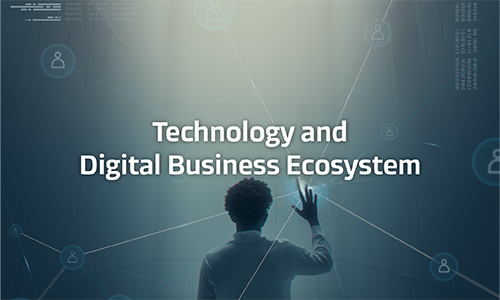
Summary: The digital transformation of commerce and finance has disrupted traditional tax collection models, prompting governments to redesign fiscal frameworks to capture value from online transactions. In response, Indonesia has introduced PMK 37/2025 and PMK 50, 54/2025, a comprehensive tax reform targeting e-commerce and crypto asset activities. These regulations transfer the responsibility of tax collection from individual actors to digital platforms and establish standardized rates for income and service taxes across both sectors. This paper explores the rationale, mechanisms, and implications of the new tax regime, emphasizing how the 0.5% income tax on e-commerce sales and 0.21%, 1% tax on crypto transactions are reshaping compliance behavior. It highlights the dual objectives of increasing state revenue and closing the digital tax gap, while ensuring minimal disruption to micro, small, and digital-native enterprises. The study further analyzes the risks of market distortion, operational burdens, and the strategic shifts businesses must adopt, such as pricing adjustments, improved documentation, and platform migration, to remain resilient and tax-compliant. Through this analysis, the paper provides a critical lens on Indonesia’s evolving digital tax architecture and its broader impact on fiscal governance in the digital economy.
Introduction
The proliferation of digital platforms in commerce and finance has presented challenges for traditional tax administration models. To address this, the Indonesian government has enacted specific tax policies targeting digital transactions, namely PMK 37/2025 for e-commerce and PMK 50, 53, and 54/2025 for crypto asset transactions. These regulations aim not only to ensure compliance but also to provide clarity and consistency in the treatment of digital economic activities under the national tax system.
Taxation plays a critical role in sustaining public finance and ensuring the equitable redistribution of wealth in modern economies. However, as digital technologies reshape how goods and services are traded, governments face growing challenges in maintaining effective tax oversight across borderless and rapidly evolving platforms. The digital economy, characterized by high-speed transactions, peer-to-peer exchange, and limited physical presence, often escapes the radar of traditional tax regimes. This creates gaps in revenue collection, exacerbates inequality in the tax burden between conventional and digital businesses, and undermines long-term fiscal sustainability.
Indonesia, as one of the fastest-growing digital economies in Southeast Asia,…












